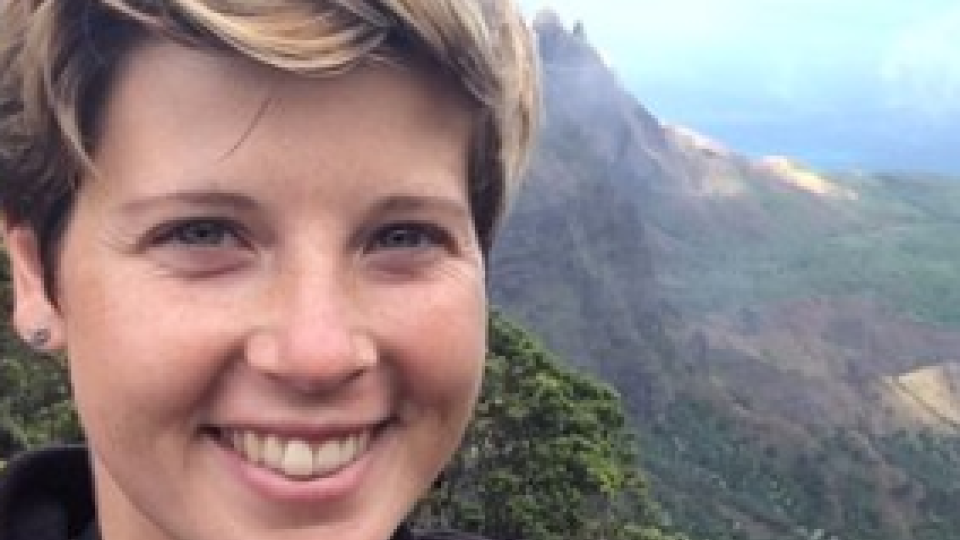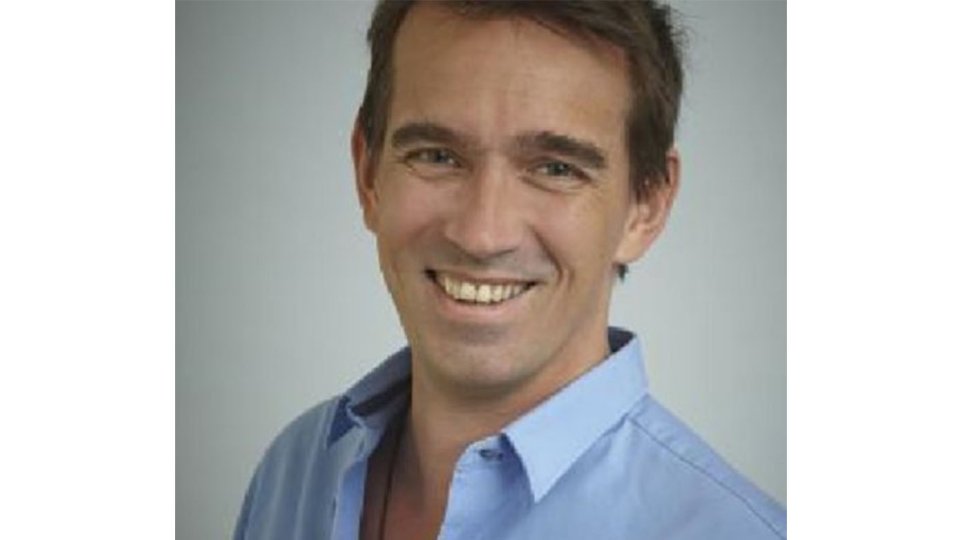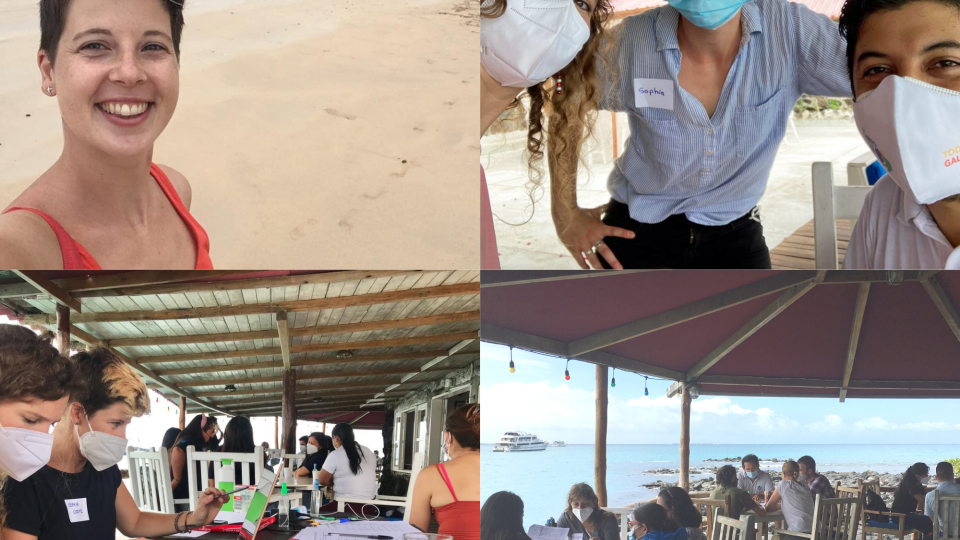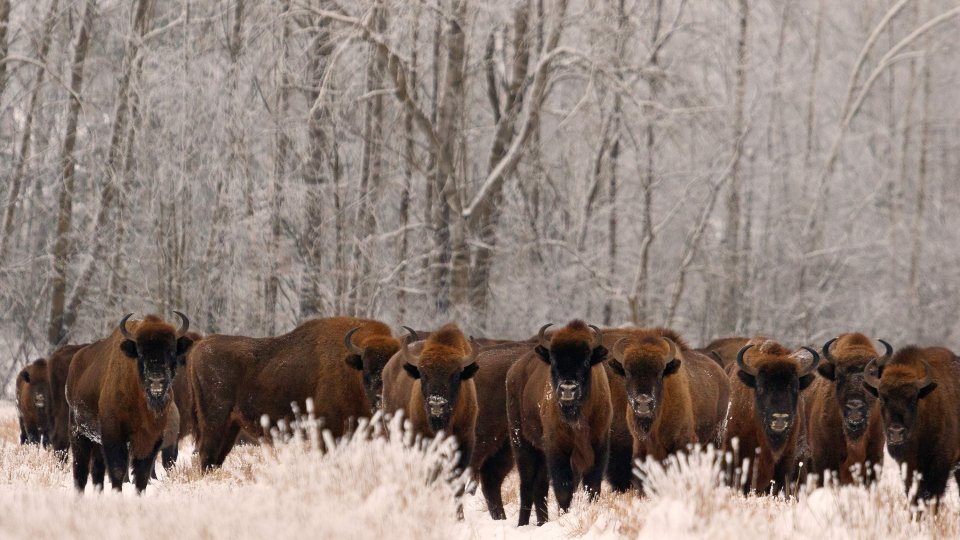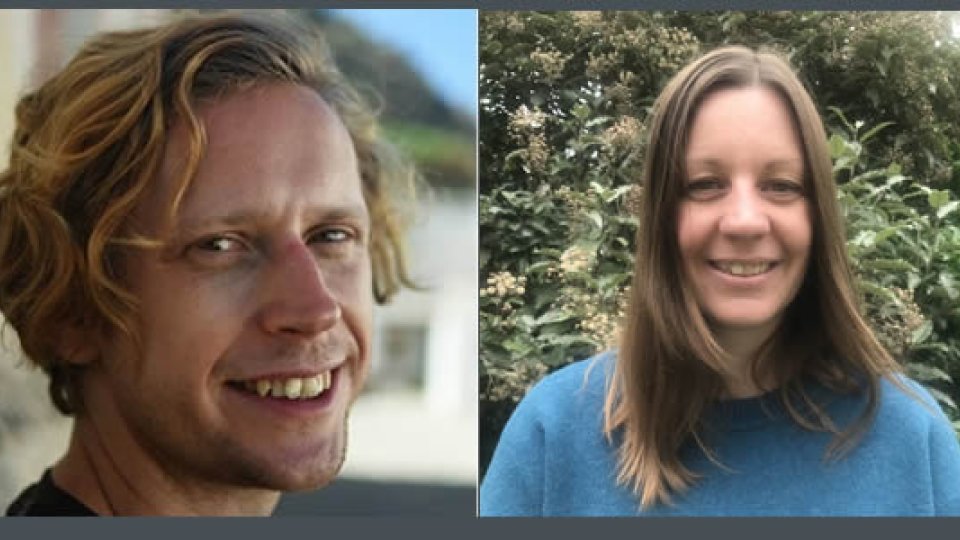
A paper published in Nature Communications this month by one of the College’s newest Research Associates throws light on the impact that road density may be having on the UK’s birdlife.
The paper, ‘Roads as a contributor to landscape-scale variation in bird communities’, co-written by Dr Sophia Cooke, explores the possibility of a link between the alarming decline in many bird species over the past 50 years and the fact that Britain has one of the densest road networks in the world - over 247,000 miles, with 80% of land found within a kilometre of a road.
The study looked at the abundance of 75 different bird species at almost 20,000 sites across Britain, in relation to the locations of nearby roads. It found that roads may be seriously affecting bird communities across more than 70% of the UK - due to a combination of noise, air pollution and collisions. Rarer, small-bodied and migratory birds, including chiffchaffs, lapwings and meadow pipits were found in relatively low abundance around roads - but the opposite was true of more common birds, including rooks, blackbirds and robins, likely due to a greater tolerance of disturbance and an attraction to roadside habitat. As road networks grow, it is possible that environmental conditions are being created that benefit common bird species at the expense of others which may be bringing about the simplification of avian communities.
This work is the first landscape scale analysis of potential road impacts on wildlife and has been widely picked up by UK media, with stories appearing in the national press and radio, including an interview on BBC Radio 4’s Inside Science programme.
I hope this work will kickstart a much needed conversation about road mitigation in Britain, not only for wildlife but people too.
Sophia was appointed a College Research Associate in June this year, following the completion of her PhD in Zoology. In 2015, just before starting her PhD at King’s, she set up and ran a project in the Galápagos investigating the harmful impacts of an introduced bird, the smooth-billed ani (Crotophaga ani), in collaboration with the Charles Darwin Foundation and Galápagos National Park Directorate.
The three-year College Research Associate post has been funded by the Evolution Education Trust, adding to the research strengths at King’s. The long-term project in the Galápagos will work with policy-makers and conservation organisations, including the Galápagos Conservation Trust, to support the archipelago’s goal of achieving the UN’s Sustainable Development Goals. Sophia hopes to be able to return to the Galápagos later this year.
I’m absolutely thrilled to be continuing at King’s and to be bringing together my two worlds of Cambridge and Galápagos.
